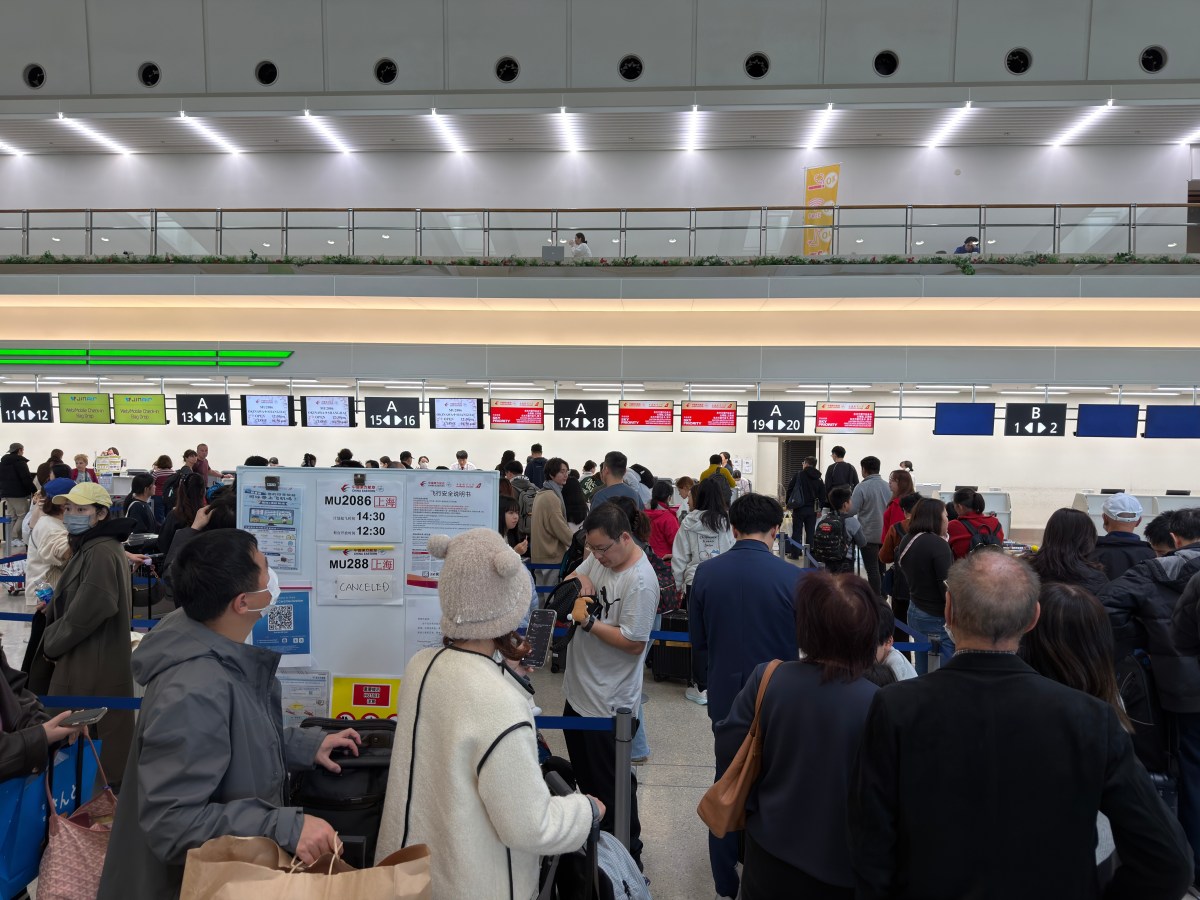1 min
School District Faces an Impossible Choice in Fight Over Mascot Name
Education Professor Alan Singer was interviewed by Newsday about the Connetquot School District on Long Island being threatened with funding cuts if it does not reinstate its old mascot name, the Thunderbirds. The name change to T-Birds was made in 2022 to comply with the state’s ban on Native American mascots and other imagery in public schools.





